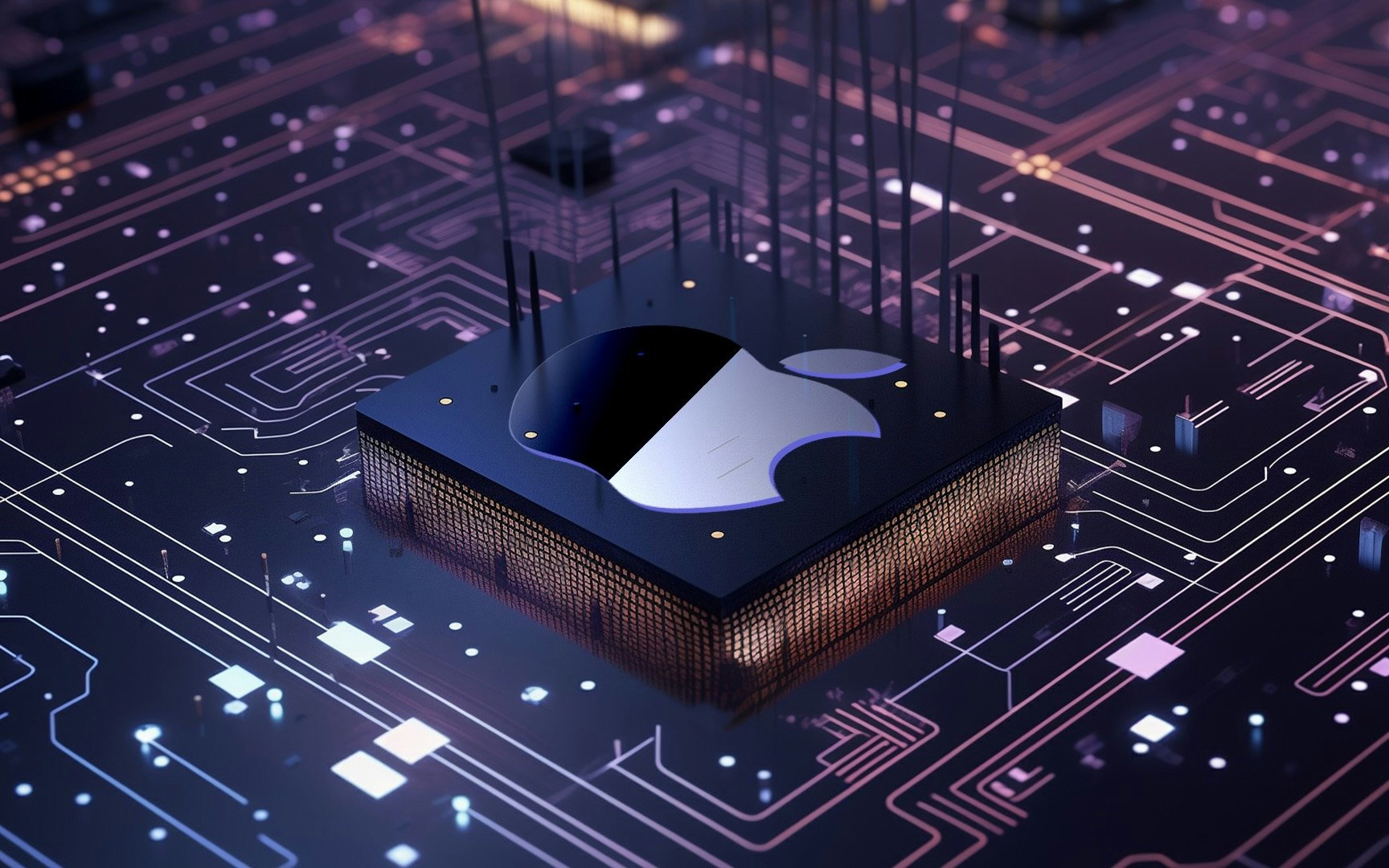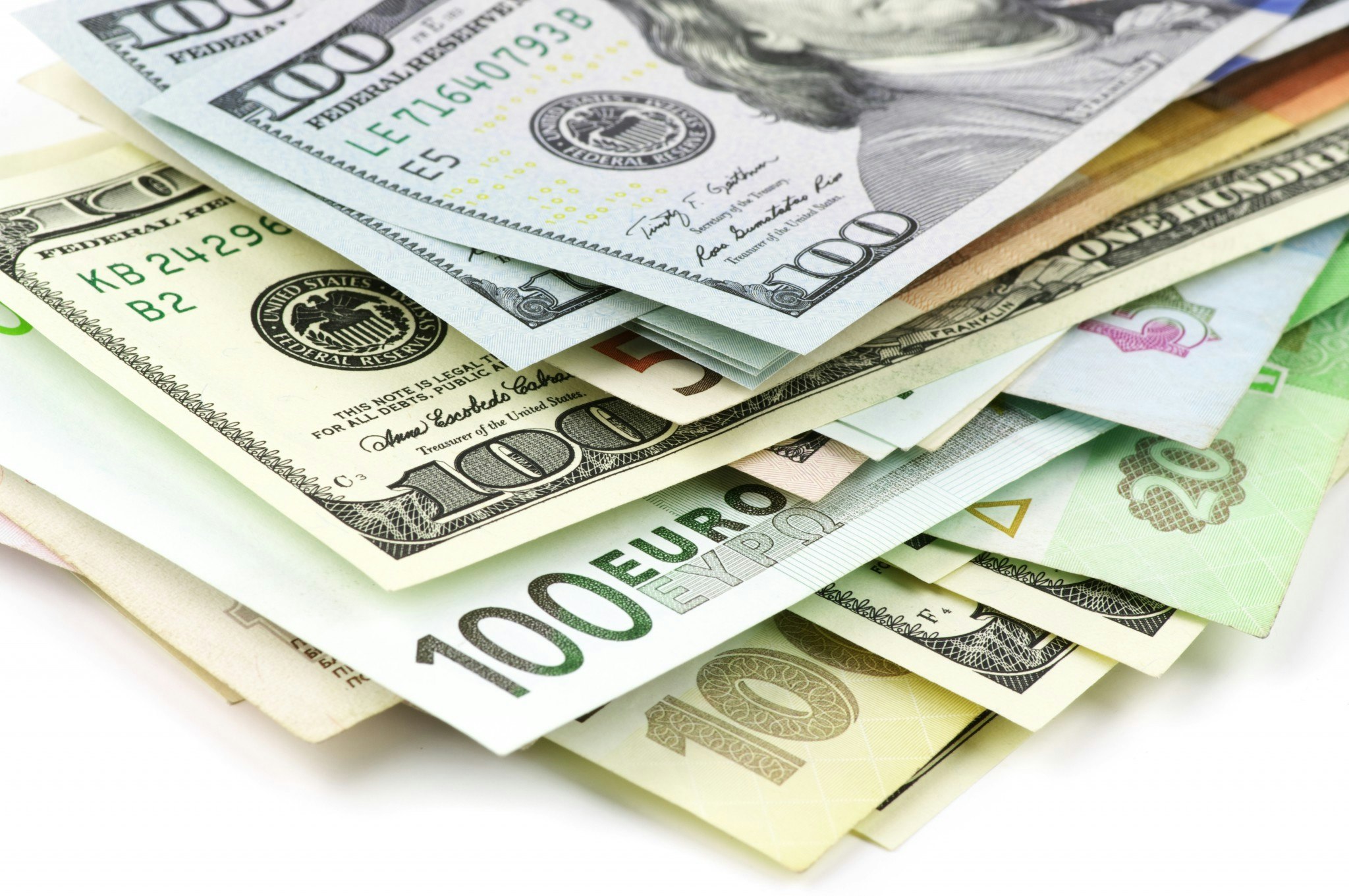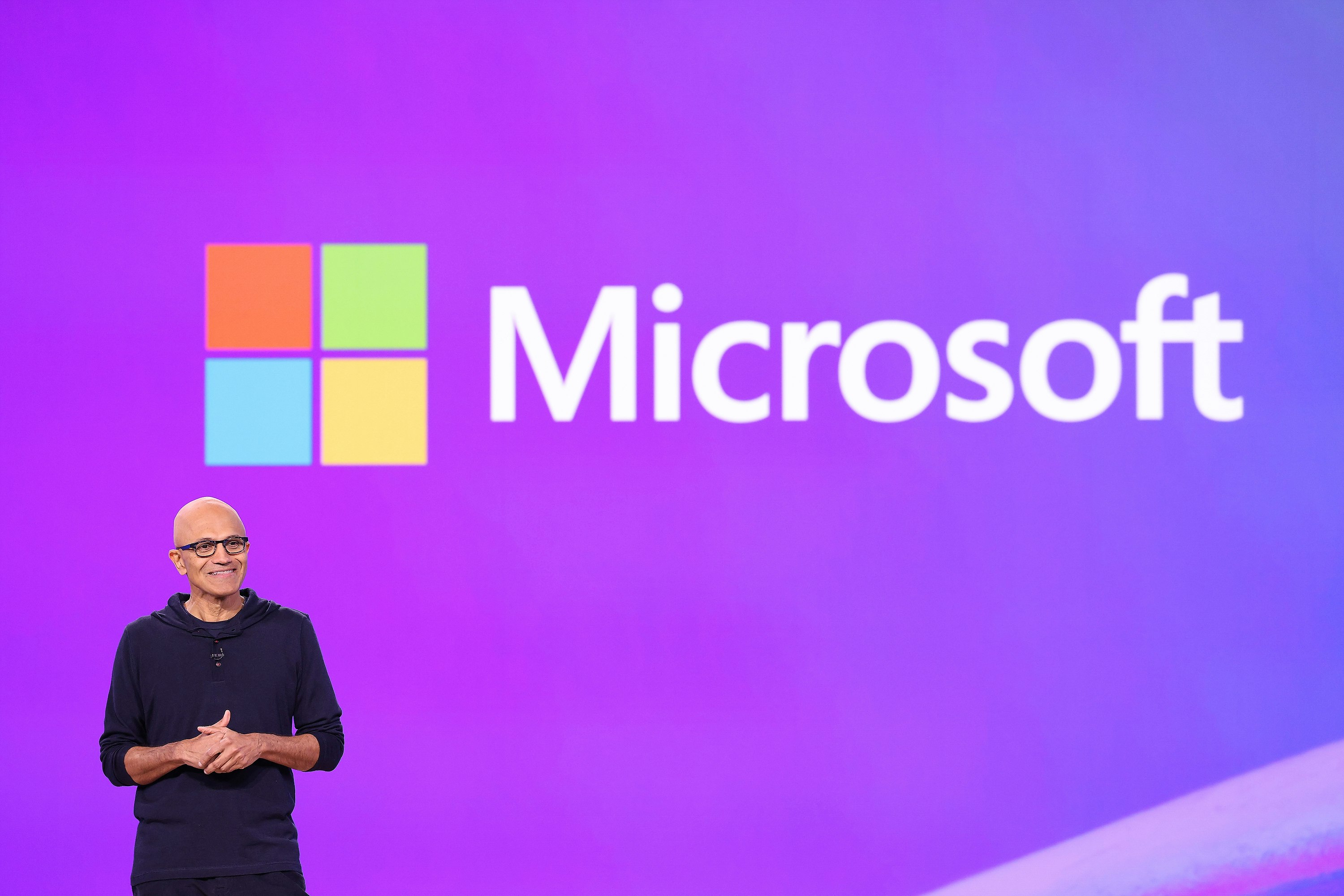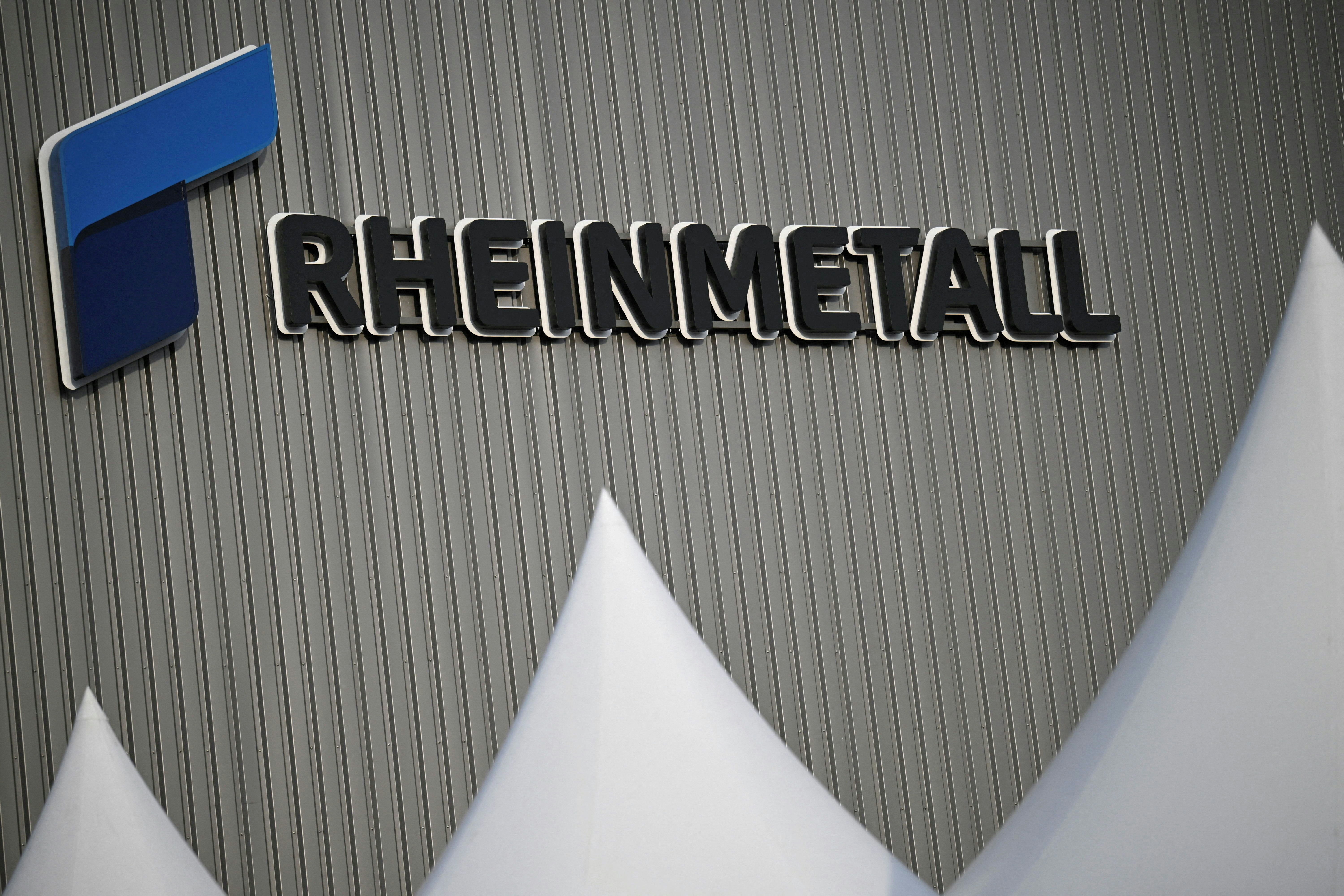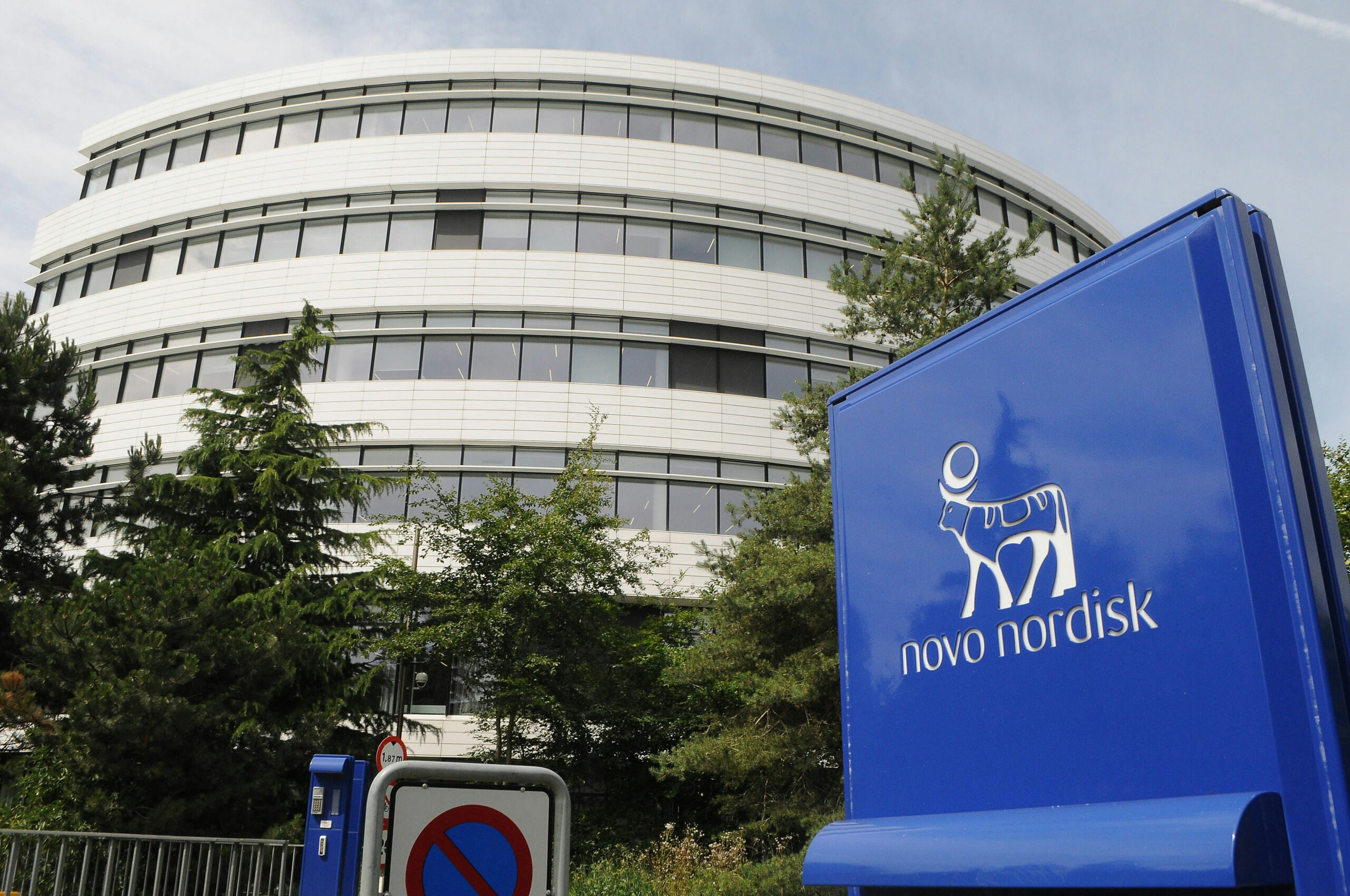Apple performed significantly better than expected in the second quarter, increasing its revenue by 10 percent to $94 billion. Analysts had only expected $89.3 billion. The result was primarily driven by a 13.5 percent increase in iPhone sales to $44.6 billion. CFO Kevan Parekh stated that part of this growth was due to accelerated purchases to preempt impending US tariffs.
Parekh estimated the tariff-related special effect at about one percentage point of total growth. Customers had partially accelerated orders to preempt possible price increases – an indication of the concrete impact of US President Donald Trump's protectionist agenda on business operations.
Despite political pressure, Apple achieved an operating result that exceeded expectations in several key segments. Earnings per share reached $1.57 – compared to the forecast of $1.43. Net profit amounted to $23.4 billion, compared to the expected $21.4 billion.
Particular attention was paid to the gross margin, an indicator of the impact of trade barriers. At 46.5 percent, it was slightly above the forecast and indicates that Apple has so far successfully passed on or compensated for costs.
The group also recorded a positive signal in the important Chinese market. Sales there rose by 4 percent to $15.4 billion, despite ongoing price pressure from competitors like Huawei and Xiaomi. Previously, Apple had struggled with declining revenues in China for several quarters.
At the same time, the services business continues to grow by double digits. The revenues from the area – which includes the App Store, iCloud, and Apple Pay – amounted to $27.4 billion, representing an increase of 13 percent.
In the field of research and development, Apple invested $8.8 billion, about $800 million more than the previous year. Parekh emphasized that investments in artificial intelligence are being "significantly" expanded. Investors had recently expressed concern that Apple could fall behind competitors like Microsoft and Google in this area.
Before the announcement of the figures, Apple's stock had fallen about 17 percent since the beginning of the year, in contrast to tech giants like Nvidia or Meta, which recorded significant price gains. After the report, the stock rose about 1.2 percent in after-hours trading.


